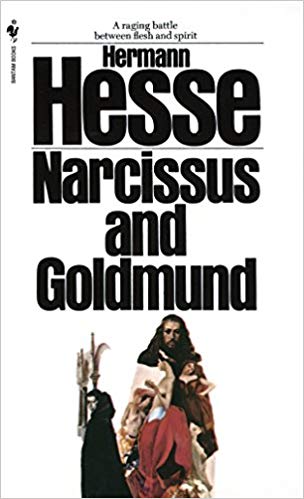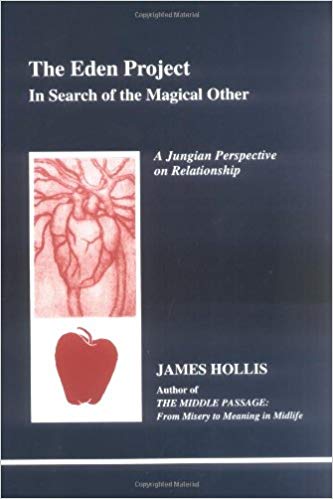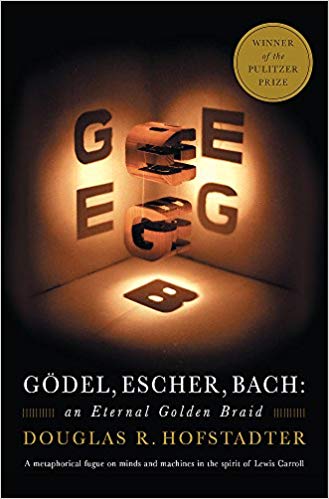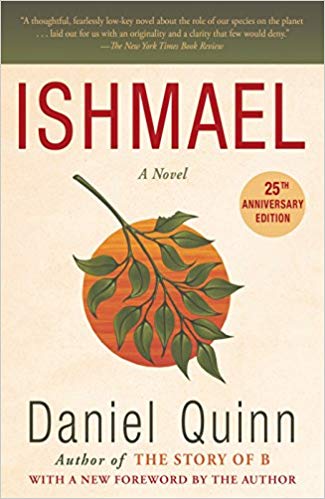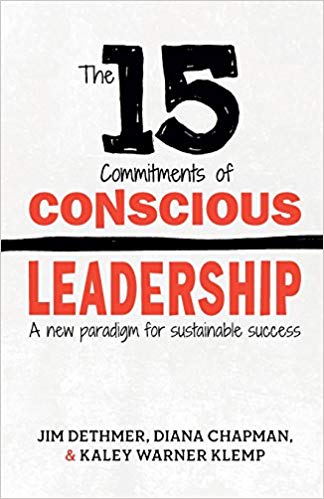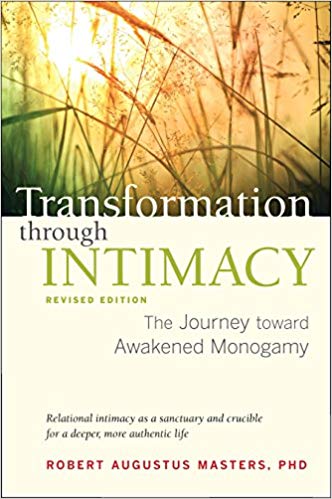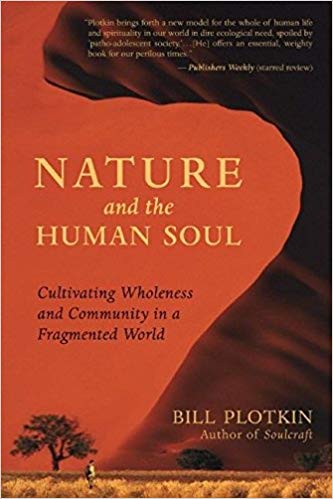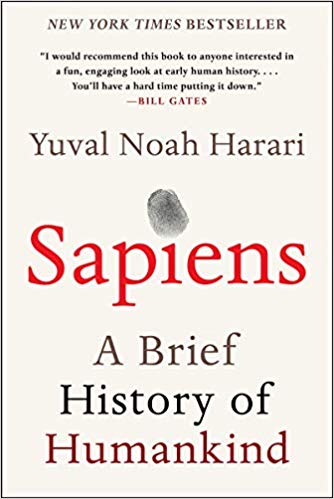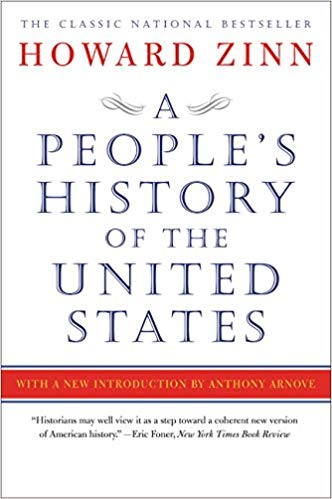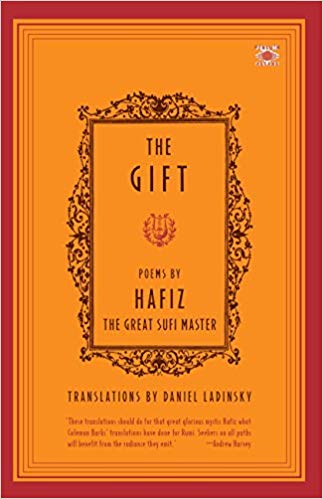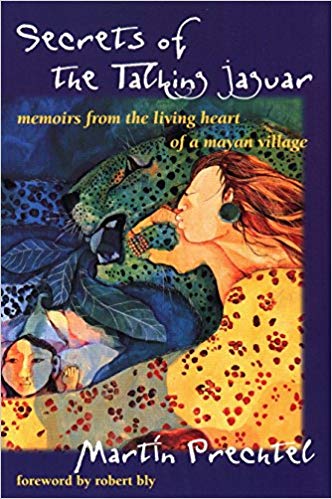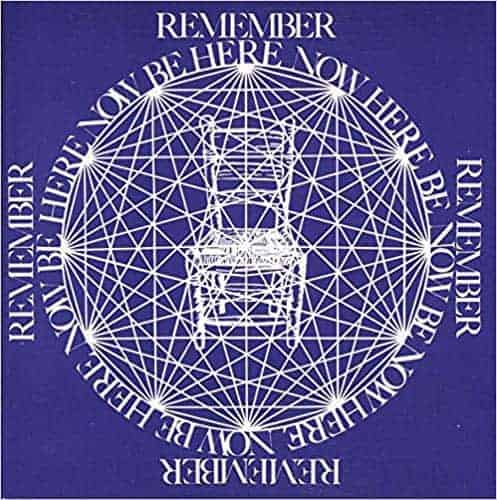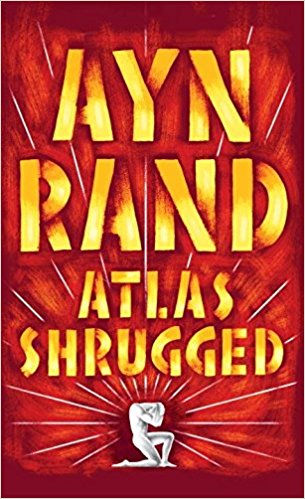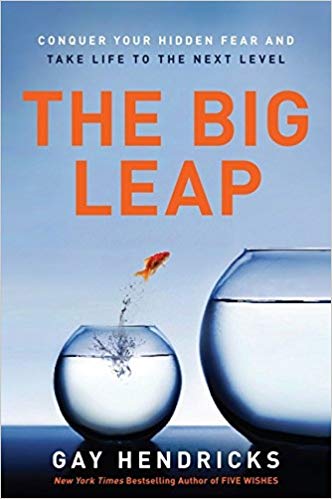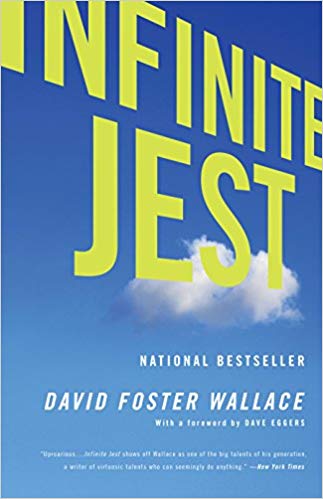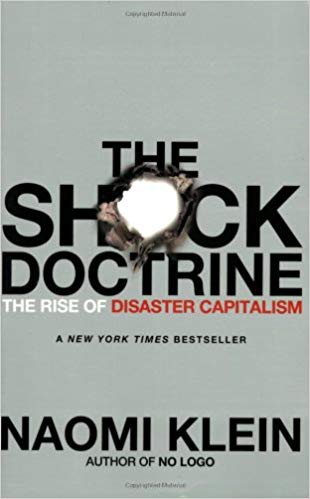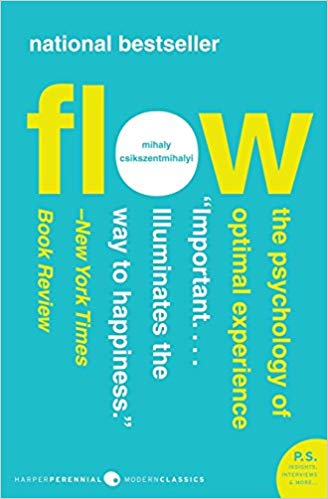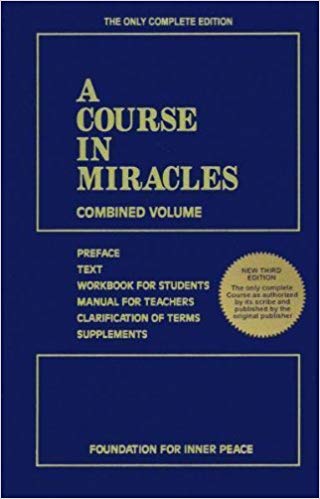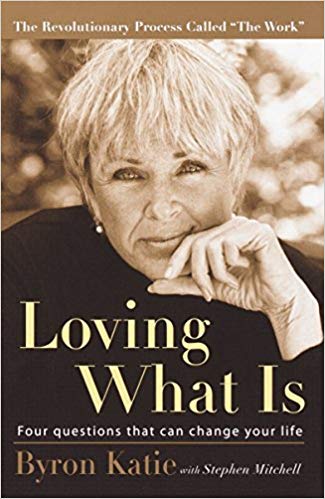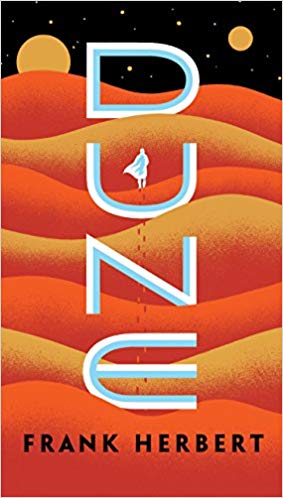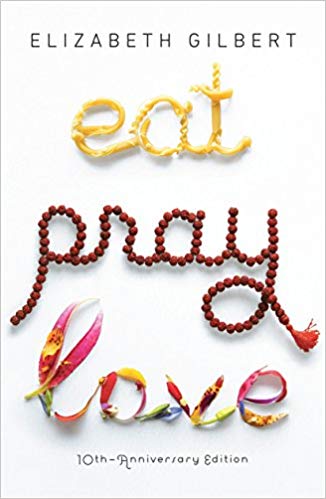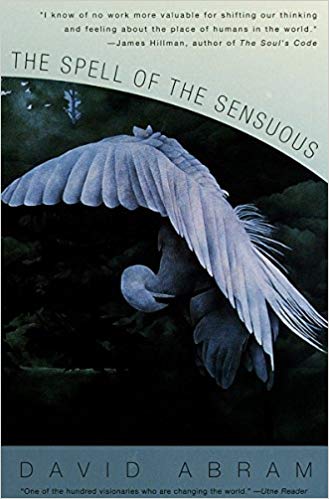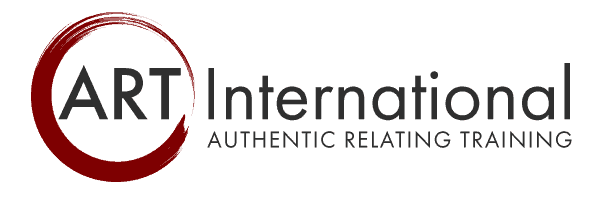If you enjoyed the first part of our crowdsourced book list, take a look at the next 20 (plus a couple of bonus books that we just couldn’t leave off the list!). As many of us are constantly looking for book recommendations to inspire and empower us, we surveyed our friends, teachers and clients of diverse backgrounds and interests to share their recommendations. We hope this list of the most influential and life-changing books of all time will be a valuable resource for you, and seriously uplevel your summer reading!
The list is ranked in order of number of votes received, along with brief descriptions pulled from Amazon and other online sources. Click on the book cover or title to see the book on Amazon. And don’t forget to check out the first 20 if you missed our earlier blog post.
Enjoy!
The Most Influential Books of All Time: 21 to 40
At its publication, Narcissus and Goldmund was considered Hesse’s literary triumph. This novel about two medieval men, one content with the monastic life and the other who takes off in search of more worldly salvation, is a study of the conflict between the spirit and material worlds, the heart and the mind. When the two are finally reunited after a long and revealing journey, they reflect upon the different paths their lives have taken and the meaning of life.
Considered to be a “timely and thought-provoking corrective to the generalized fantasies about relationships that permeate our culture,” The Eden Project challenges us to explore our projections and take greater personal responsibility in our relationships, seeking personal growth rather than rescue through others. This book takes us on a journey into how not only can a relationship survive the reality of two wounded individuals, but how it can be the most fertile ground for transformation and individuation, which according to Jung, is ‘the goal’ and largely depends on the relationship we have with ourselves.
Exploring common themes in the lives and works of logician Kurt Gödel, artist M. C. Escher, and composer Johann Sebastian Bach, this book examines how self-reference and formal rules gives systems meaning despite being made of “meaningless” elements. It dives deep into many important aspects of cognitive science: what it means to communicate, how knowledge can be represented and stored, the methods and limitations of symbolic representation, and even the fundamental notion of “meaning” itself.
Ishmael examines the mythical thinking driving modern civilization, and the relationship of this world-view to ethics, sustainability, and global catastrophe. The novel uses a style of Socratic dialogue to deconstruct the notion that humans are the pinnacle of biological evolution. It posits that anthropocentrism and several other widely accepted modern ideas are actually cultural myths and that global civilization is enacting these myths with catastrophic consequences.
Considered by many to be radical and provocative, The fifteen commitments are a distillation of decades of work with CEOs and other leaders. With the premise that unconscious leadership is not sustainable and incredibly costly long-term, this book offers a comprehensive road map to guide you to shift from fear-based to trust-based leadership, resulting in more energy, clarity, focus and healthier relationships. It is said that leaders who practice The 15 Commitments end blame and criticism, speak candidly, openly and honestly in a way that invites others to do the same. This book invites us to take a chance, explore the unfamiliar, get curious and welcome a whole new world of leadership.
Intimate relationship has long been viewed and lived as a lesser alternative to spiritual life. More recently, the need to integrate our spiritual and intimate lives, rather than maintaining separate spheres and relationships on autopilot, has become increasingly apparent. Transformation through Intimacy explores intimate relationships through a four-stage lens: me-centered, we-centered codependent, we-centered coindependent, and being-centered. Bringing his many years of experience as a psychotherapist and spiritual practitioner to the subject, Masters shows readers not only how to navigate the thickets of reactivity, conflict, shame, anger, fear, and doubt, but how to understand them in a new light so that a deeper level of relating to oneself and one’s partner becomes possible, opening new levels of trust, commitment, and love.
Addressing the pervasive longing for meaning and fulfillment in this time of crisis, Nature and the Human Soul introduces a visionary ecopsychology of human development that reveals how fully and creatively we can mature when soul and wild nature guide us. Depth psychologist and wilderness guide Bill Plotkin presents a model for a human life span rooted in the cycles and qualities of the natural world, a blueprint for individual development that ultimately yields a strategy for cultural transformation.
This #1 National Bestseller explores the ways in which biology and history have defined us and enhanced our understanding of what it means to be “human.” One hundred thousand years ago, at least six different species of humans inhabited Earth, yet today there is only one—homo sapiens. Most books about the history of humanity pursue either a historical or a biological approach, but Dr. Yuval Noah Harari breaks the mold with this highly original book that begins about 70,000 years ago with the appearance of modern cognition. From examining the role evolving humans have played in the global ecosystem to charting the rise of empires, Sapiens integrates history and science to reconsider accepted narratives, connect past developments with contemporary concerns, and examine specific events within the context of larger ideas.
Since its original landmark publication in 1980, A People’s History of the United States has been chronicling American history from the bottom up, throwing out the official version of history taught in schools—with its emphasis on great men in high places—to focus on the street, the home, and the, workplace. Known for its lively, clear prose as well as its scholarly research, A People’s History of the United States is the only volume to tell America’s story from the point of view of—and in the words of—America’s women, factory workers, African-Americans, Native Americans, the working poor, and immigrant laborers. As historian Howard Zinn shows, many of our country’s greatest battles—the fights for a fair wage, an eight-hour workday, child-labor laws, health and safety standards, universal suffrage, women’s rights, racial equality—were carried out at the grassroots level, against bloody resistance.
More than any other Persian poet—even Rumi—Hafiz expanded the mystical, healing dimensions of poetry. Because his poems were often ecstatic love songs from God to his beloved world, many have called Hafiz the “Invisible Tongue.” With this stunning collection of Hafiz’s most intimate poems, Ladinsky has succeeded brilliantly in presenting the essence of one of Islam’s greatest poetic and religious voices. Each line of The Gift imparts the wonderful qualities of this master Sufi poet and spiritual teacher: encouragement, an audacious love that touches lives, profound knowledge, generosity, and a sweet, playful genius unparalleled in world literature.
Twenty-five years ago, a young musician and painter named Martin Prechtel wandered through the brilliant landscapes of Mexico and Guatemala. Arriving at Santiago Atitlan, a Tzutujil Mayan village on the breathtaking shores of Lake Atitlan, Prechtel met Nicolas Chiviliu Tacaxoy—perhaps the most famous shaman in Tzutujil history—who believed Prechtel was the new student he had asked the gods to provide. For the next thirteen years, Prechtel studied the ancient Tzutujil culture and became a village chief and a famous shaman in his own right. Filled with enchantment, danger, passion, and hope, Secrets of the Talking Jaguar, Prechtel brings to vivid life the sights, sounds, scents, and colors of Santiago Atitlan: its magical personalities, its beauty, its material poverty and spiritual richness.
In March 1961, Professor Richard Alpert – later renamed Ram Dass –had achieved great success by societal standards, and yet he couldn’t escape the feeling that something was missing. Psilocybin and LSD changed that. During a period of experimentation, Alpert peeled away each layer of his identity, and fear turned into exaltation upon the realization that at his truest, he was just his inner-self: a luminous being that he could trust indefinitely and love infinitely. And thus, a spiritual journey commenced. With over 150 pages of metaphysical illustrations, practical advice on how to implement a yogic regiment, and a chapter dedicated to quotes and book recommendations, Be Here Now is sure to enrich your emotional, physical, and spiritual life.
Set in a near-future U.S.A. whose economy is collapsing as a result of the mysterious disappearance of leading innovators and industrialists, this novel presents an astounding panorama of human life-from the productive genius who becomes a worthless playboy, to the great steel industrialist who does not know that he is working for his own destruction, to the philosopher who becomes a pirate, to the woman who runs a transcontinental railroad, to the lowest track worker in her train tunnels. Peopled by larger-than-life heroes and villains, charged with towering questions of good and evil, Atlas Shrugged is a philosophical revolution told in the form of an action thriller.
With over 100,000 copies sold, New York Times bestselling author Gay Hendricks demonstrates how to go beyond your internal limits, release outdated fears and learn a whole new set of powerful skills and habits to liberate your authentic greatness. The Big Leap will take you on a journey to overcome false fears and belief, and discover the way to break down the walls to a better life.
Set in an addicts’ halfway house and a tennis academy, and featuring the most endearingly screwed-up family to come along in recent fiction, Infinite Jest explores essential questions about what entertainment is and why it has come to so dominate our lives; about how our desire for entertainment affects our need to connect with other people; and about what the pleasures we choose say about who we are. Equal parts philosophical quest and screwball comedy, Infinite Jest bends every rule of fiction without sacrificing for a moment its own entertainment value. Get ready for a gargantuan, mind-altering comedy about the pursuit of happiness in America.
In this groundbreaking alternative history of the most dominant ideology of our time, Milton Friedman’s free-market economic revolution, Naomi Klein challenges the popular myth of this movement’s peaceful global victory. From Chile in 1973 to Iraq today, Klein shows how Friedman and his followers have repeatedly harnessed terrible shocks and violence to implement their radical policies. The Shock Doctrine is said to be one of the very few books that really help us understand the present.
Psychologist Mihaly Csikszentmihalyi’s famous investigations of “optimal experience” have revealed that what makes an experience genuinely satisfying is a state of consciousness called flow. During flow, people typically experience deep enjoyment, creativity, and a total involvement with life, and this book demonstrates the ways this positive state can be controlled, not just left to chance. By ordering the information that enters our consciousness, we can discover true happiness and greatly improve the quality of our lives.
A Course in Miracles” is a complete self-study spiritual thought system. As a three-volume curriculum consisting of a “Text,” “Workbook for Students”, and “Manual for Teachers,” it teaches that the way to universal love and peace through forgiving others. The Course thus focuses on the healing of relationships and making them holy.
In Loving What Is, Katie shares about what she now calls The Work, a process that she attributes to ending her suffering and keeping her in a constant state of freedom. The Work is simply four questions that, when applied to a specific problem, enable you to see what is troubling you in an entirely different light. Katie shows us step-by-step, through clear and vivid examples, exactly how to use this revolutionary process for ourselves, effortlessly undoing the stressful.
Set on the desert planet Arrakis, Dune is the story of the boy Paul Atreides—who would become known as Muad’Dib—and of a great family’s ambition to bring to fruition humankind’s most ancient and unattainable dream. A stunning blend of adventure and mysticism, environmentalism and politics, Dune is a triumph of the imagination and one of the bestselling science fiction novels of all time, and formed the basis of what is undoubtedly the grandest epic in science fiction.
For a thousand generations, human beings viewed themselves as part of the wider community of nature, and they carried on active relationships not only with other people, but with other animals, plants, and natural objects that we have only lately come to think of as “inanimate.” How, then, did humans come to sever their ancient reciprocity with the natural world? What will it take for us to recover a sustaining relationship with the breathing earth? Animal tracks, word magic, the speech of stones, the power of letters, and the taste of the wind all figure prominently in this intellectual tour de force that returns us to our senses and to the sensuous terrain that sustains us. This major work of ecological philosophy startles the senses out of habitual ways of perception.


